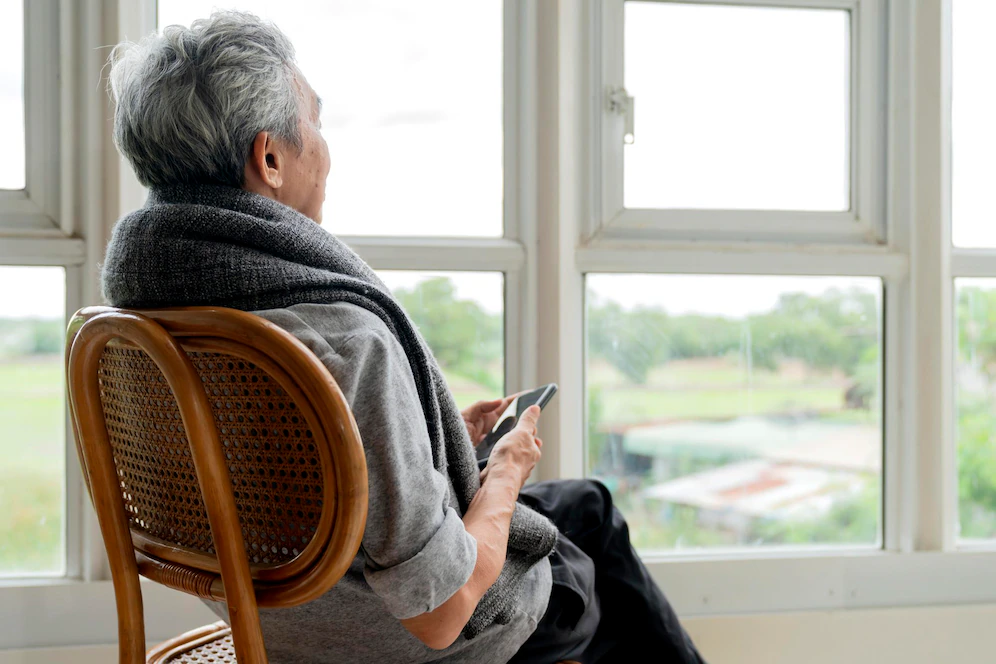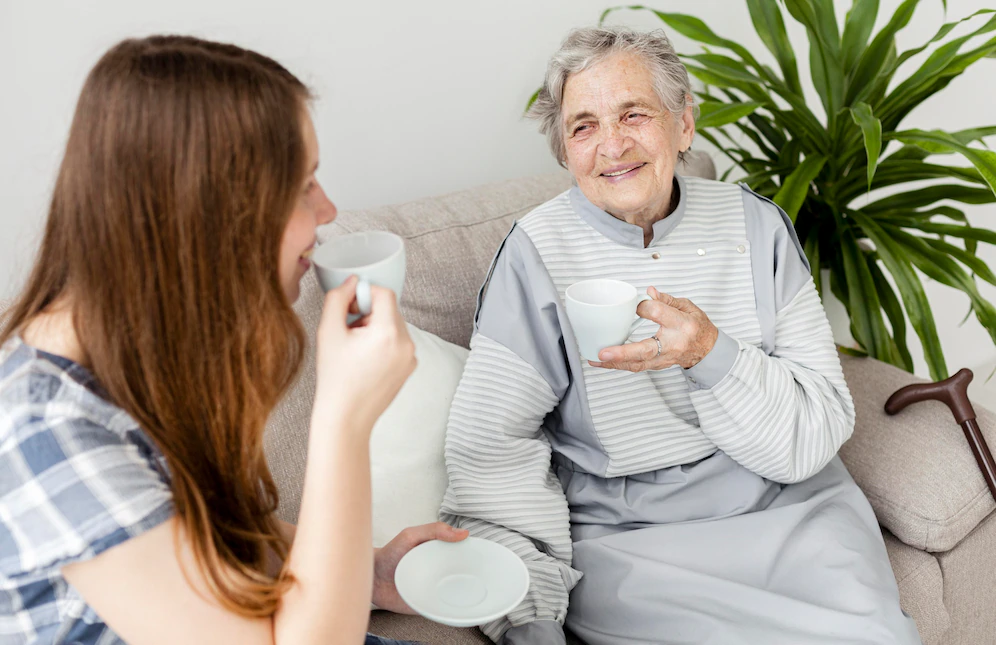The Benefits of Socialisation for Seniors Receiving Homecare
Socialisation is a vital part of life, and this especially holds true for seniors. For homecare recipients, forging meaningful relationships and actively taking part in the community can be a challenging task; however, it is beneficial to maintain an active social life as research has found that those with strong social networks experience fewer health issues than their isolated peers. The benefits of socialisation for seniors receiving homecare are vast and it creates a world that is bigger with more opportunities for everyone.
Reduced feelings of isolation
As we age, it’s important to maintain social connections to keep our spirits high and reduce feelings of loneliness and isolation. This is especially important for those who receive homecare, as they may have limited opportunities to interact with others throughout the day.
Socialisation can provide a range of benefits for older adults, including keeping their minds engaged, improving overall wellbeing, and decreasing the risk of depression. Joining a community group, or simply going for a coffee with friends and family, there are many ways to stay connected with others in order for seniors to thrive.
Did You Know?
50% of individuals aged over 60 are at risk of social isolation and one-third will experience some degree of loneliness later in life.

Improves mental health
Not only does it provide opportunities for seniors to connect with others and form meaningful relationships, but it can also have a positive impact on mental health. It can boost mood, and even improve physical health. Engaging in social activities and forming meaningful relationships can reduce the risk of depression and anxiety.
Socialisation improves memory function and helps to maintain a positive outlook on life. It allows people to feel connected to their community and to continue to learn and grow. Whether it’s joining a local book club, or volunteering at a nearby charity, it is evident these are all important elements in maintaining good mental health.
Ways to stay connected:
• Technology-based communication such as smart phones can be used for video calls.
• Focus on relationships or activities that are enjoyable.
• Volunteer to meet others and share experiences.
• Consider caring for a cat, dog or bird which can help give structure to the day and be a catalyst for social interaction.
Enhances cognitive function and physical health
Not only does it provide an opportunity to form new relationships but it also offers a range of cognitive benefits. Socialising has been found to help improve memory, language skills, and problem-solving abilities as cognitive function declines with age. By engaging in activities that allow connection with others, they can maintain and even enhance their cognitive abilities, helping to improve their overall quality of life.
High blood pressure and high cholesterol are factors associated with increased risk of accelerated decline in thinking skills in later life. This shows the importance of interacting with other people and remaining social as we age. Cultivating connections with people of different ages, for example by staying in touch with grandchildren, keeps the brain young, playful and active. This keeps stress levels down and blood pressure healthy and normal.

At Care 24-7, we employ people living locally to serve our communities and businesses. We work closely with local communities ensuring that services meet the diverse and cultural needs of everyone. Our team’s understanding of the community means they can engage with people and access local amenities easily, encouraging socialisation and interaction within the community.
Taking the time to encourage meaningful social activity and interaction among the elderly will bring with it numerous health and well-being benefits. Companionship, support, and relationship building are all part of this experience, which together helps to combat loneliness commonly associated with elderly care at home. Finding outlets to participate in and taking part in activities that are enjoyable, empowers seniors to live fulfilled lives and improves their cognitive function and mental health. It’s never too late to let connections begin or grow.


















